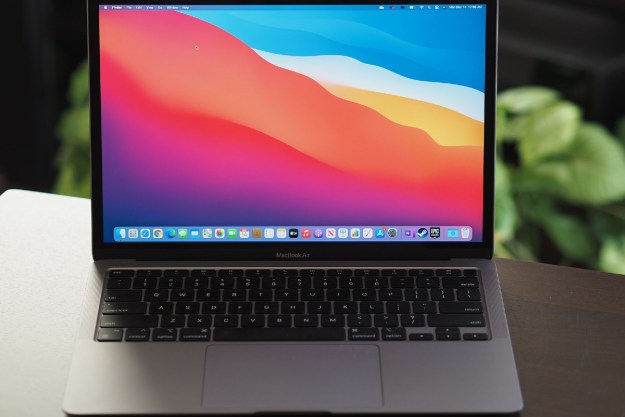
The main aim of the new Act was to clarify some of the contentious issues in Section 215 of the Patriot Act — it’s that latter piece of legislation that the NSA has been accused of exploiting in its mass collection of phone records and other associated metadata. The USA Freedom Act states that data must be collected on a case-by-case basis and records should be handled by telephone companies rather than government agencies.
Despite clearing the House of Representatives by a huge margin last week, it’s now run aground. That means the Patriot Act will automatically expire on June 1 with nothing left to replace it — quite where that leaves the NSA and the legal ramifications of digital wiretapping remains to be seen. The Patriot Act was signed into law in 2001 as law enforcement agencies sought extra powers to tackle terrorist groups.
Backers of the USA Freedom Act see it as a sensible tweaking of existing law, keeping a framework in place while reducing the powers of the NSA. Those who are opposed to it are concerned about the ramifications of allowing private phone companies to keep data and release it on request to the government. As the latest development proves, no solution has yet been found to please all sides.
Privacy activist group the Electronic Frontier Foundation is happy to see both the USA Freedom Act and the Patriot Act fade away. “EFF urges Congress to again reject Section 215 reauthorization, and then turn to addressing other surveillance abuses by the US government,” the organization wrote in a blog post.


